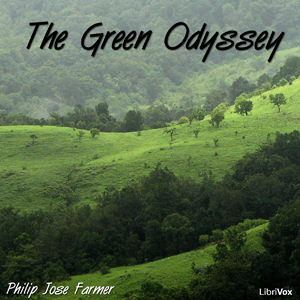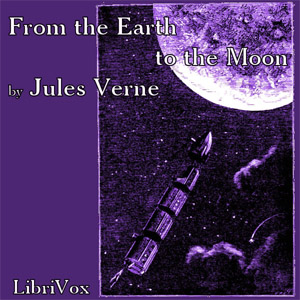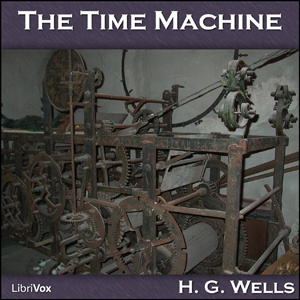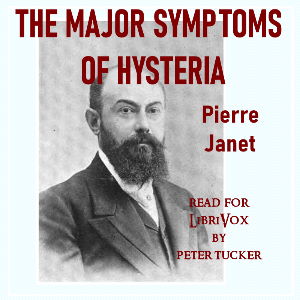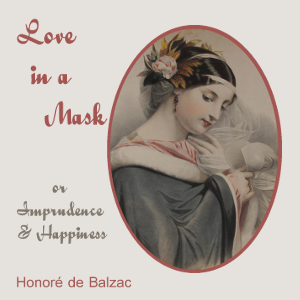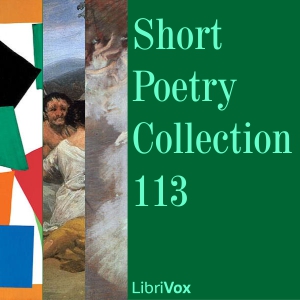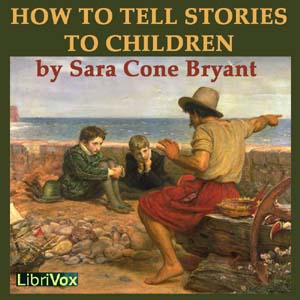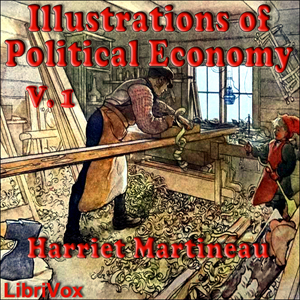- 1
-
 1
1 -
 1
1 -
 1
1 -
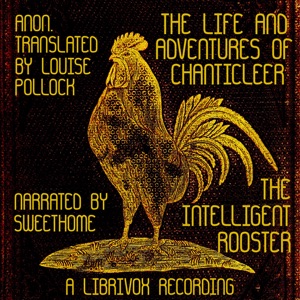 1
1 -
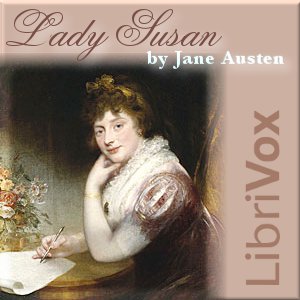 1
1 -
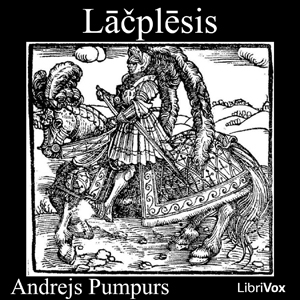 1
1 -
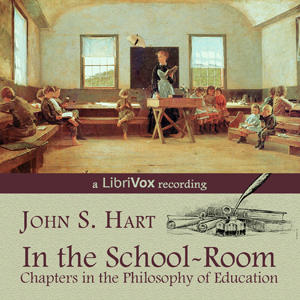 1
1 - 1
- 1
Warlord of Mars (version 2)
In this third installment of the adventures of John Carter on Mars, our hero labors under sentence of death (for having returned from the land of the dead) in a heroic struggle to recover the beautiful Dejah Thoris, Princess of Helium. He scours the planet from pole to pole, enduring imprisonment and torture, outwitting antagonists, reveling in carnage, accepting aid from unlikely sources, and dealing tactfully with women who love him despite his devotion to his wife. Having deprived an entire planet of its false religion, he offers in its place worldwide alliances and the promise of lasting peace. [chương_files]
Great Chicago Fire
Historical information relating the nature, extent, and consequences of The Great Chicago Fire of 1871, the insurance losses, and the relief costs. A brief interlude of comic relief is inserted midway in the form of a poem regarding the event.. [chương_files]
Ring and the Book
“Better translate–“A Roman murder-case: “Position of the entire criminal cause “Of Guido Franceschini, nobleman, “With certain Four the cutthroats in his pay, “Tried, all five, and found guilty and put to death “By heading or hanging as befitted ranks, “At Rome on February Twenty-Two, “Since our salvation Sixteen Ninety Eight: “Wherein it is disputed if, and when, “Husbands may kill adulterous wives, yet ‘scape ‘The customary forfeit.’” (Excerpt from first chapter of The Ring and the Book.) Note from reader: The main text I have read from follows the first edition; but there are some words or lines that do not make sense, either through copying mistakes or because they are difficult if not impossible to make sense of in the first edition. In such cases, I have relied upon an alternate text, found at archive.org and also in the public domain, that contains the wording of the later editions. –Tony Oliva [chương_files]
Puck of Pook’s Hill (version 2)
‘Puck of Pook’s Hill’ is a fantasy book by Rudyard Kipling, published in 1906, containing a series of short stories set in different periods of English history. It can count both as historical fantasy – since some of the stories told of the past have clear magical elements, and as contemporary fantasy – since it depicts a magical being active and practising his magic in the England of the early 1900s when the book was written. The stories are all narrated to two children living near Burwash, in the area of Kipling’s own house Bateman’s, by people magically plucked out of history by the elf Puck, or told by Puck himself. (Puck, who refers to himself as “the oldest Old Thing in England”, is better known as a character in William Shakespeare’s play A Midsummer Night’s Dream.) The genres of particular stories range from authentic historical novella (A Centurion of the Thirtieth, On the Great Wall) to children’s fantasy (Dymchurch Flit). Each story is bracketed by a poem which relates in some manner to the theme or subject of the story. [chương_files]
Omnilingual (version 2)
This short story was first written and published in the year 1957, as part of a collection of short science fiction stories in the collection Astounding Science Fiction. Piper’s story is unusual in focusing on the problem of archaeology on an alien culture. How is is possible to decipher writings of an alien race that died out 50,000 years ago? What could we possibly have in common with them? There can be no ‘Rosetta Stone’ with a shared language so is it impossible? That is the struggle of the protagonist and against all odds she does indeed find a way for our two cultures to meet. An excellent story well written. [chương_files]
2 Maccabees
The Book of 2 Machabees (more commonly rendered 2 Maccabees) is an abridgement of another work, now lost, which describes the events surrounding the defeat of Antiochus IV Epiphanes and the rededication of the Jewish temple in the 2nd Century BCE. It’s canonicity (status as Holy Writ) was established later in the Christian era, and hence forms part of the deuterocanon (2nd canon). It is excluded from the Jewish bibles as well as modern Protestant bibles. The Church of England, in 1571, affirmed that 2 Machabees, as well as several other books excluded from the Protestant canon, “the Church doth read for example of life and instruction of manners; but yet doth it not apply them to establish any doctrine” (The Thirty-Nine Articles of Religion, Article VI). The defeat of Antiochus IV Epiphanes is celebrated annually during the Festival of Hannukah, which is referred to prophetically in the Jewish Scriptures (Daniel 8, 11) and explicitly in the Christian Scriptures (John 10:22). [chương_files]
Dombey and Son (version 3)
To Paul Dombey, the business is everything, and he must have a son who will learn the business and eventually inherit it. Will his newborn, but sickly son be the fulfilment of his hopes and dreams? And what about his daughter Florence, who made the mistake of being born a girl? [chương_files]
Just So Stories (version 5)
The stories, first published in 1902, are fantastic accounts of how various natural phenomena came about. The original editions of Just So Stories were illustrated with woodcuts by Kipling himself. Each story is accompanied by a poem, in a somewhat ballad style. Many of the stories are addressed to “Best Beloved” (they were first written for Kipling’s eldest daughter, Josephine, who had died during an outbreak of influenza in 1899), and throughout they use a comically elevated style inspired by the formal speech of India, full of long and improbable-sounding words, some of them made up. As a result, it is a delight to read them aloud, and easy to memorize passages from them. they have been recorded several times before but I wanted to enjoy rolling those wonderful words around myself. What fun! [chương_files]
Lady Windermere’s Fan (Version 2)
Lady Windermere’s Fan, A Play About a Good Woman is a four-act comedy by Oscar Wilde, first produced 22 February 1892 at the St James’s Theatre in London. The play was first published in 1893. Like many of Wilde’s comedies, it bitingly satirizes the morals of Victorian society, particularly marriage. The story concerns Lady Windermere, who discovers that her husband may be having an affair with another woman. She confronts her husband but he instead invites the other woman, Mrs Erlynne, to his wife’s birthday ball. Angered by her husband’s unfaithfulness, Lady Windermere leaves her husband for another lover. Or does she? Is it really possible to trust delicious gossip? Are all men really bad? These and many other questions are raised and if not answered, then held up for public scrutiny in this biting satire of morals and proper behavior. The best known line of the play sums up the central theme: We are all in the gutter, but some of us are looking at the stars. —Lord Darlington (from Wikipedia and the reader) [chương_files]
